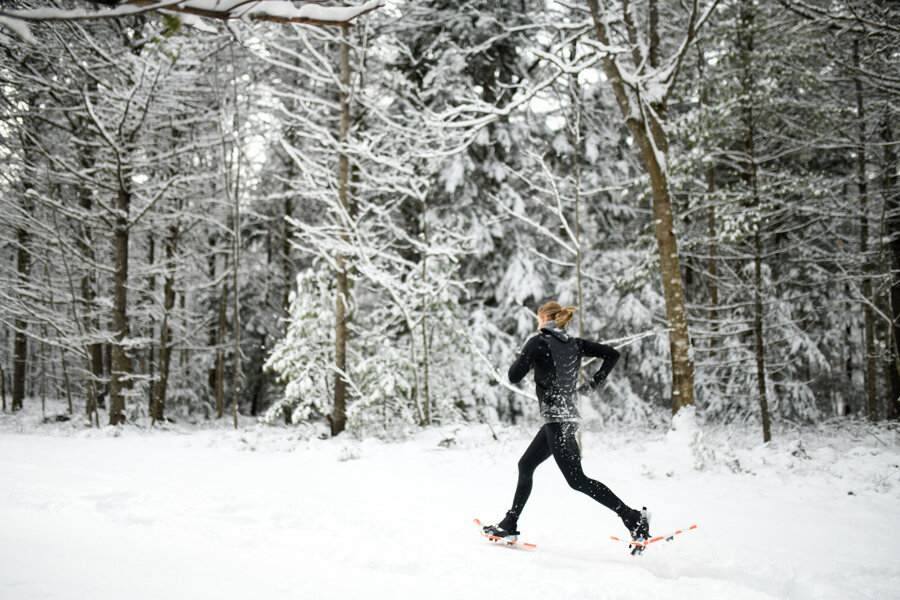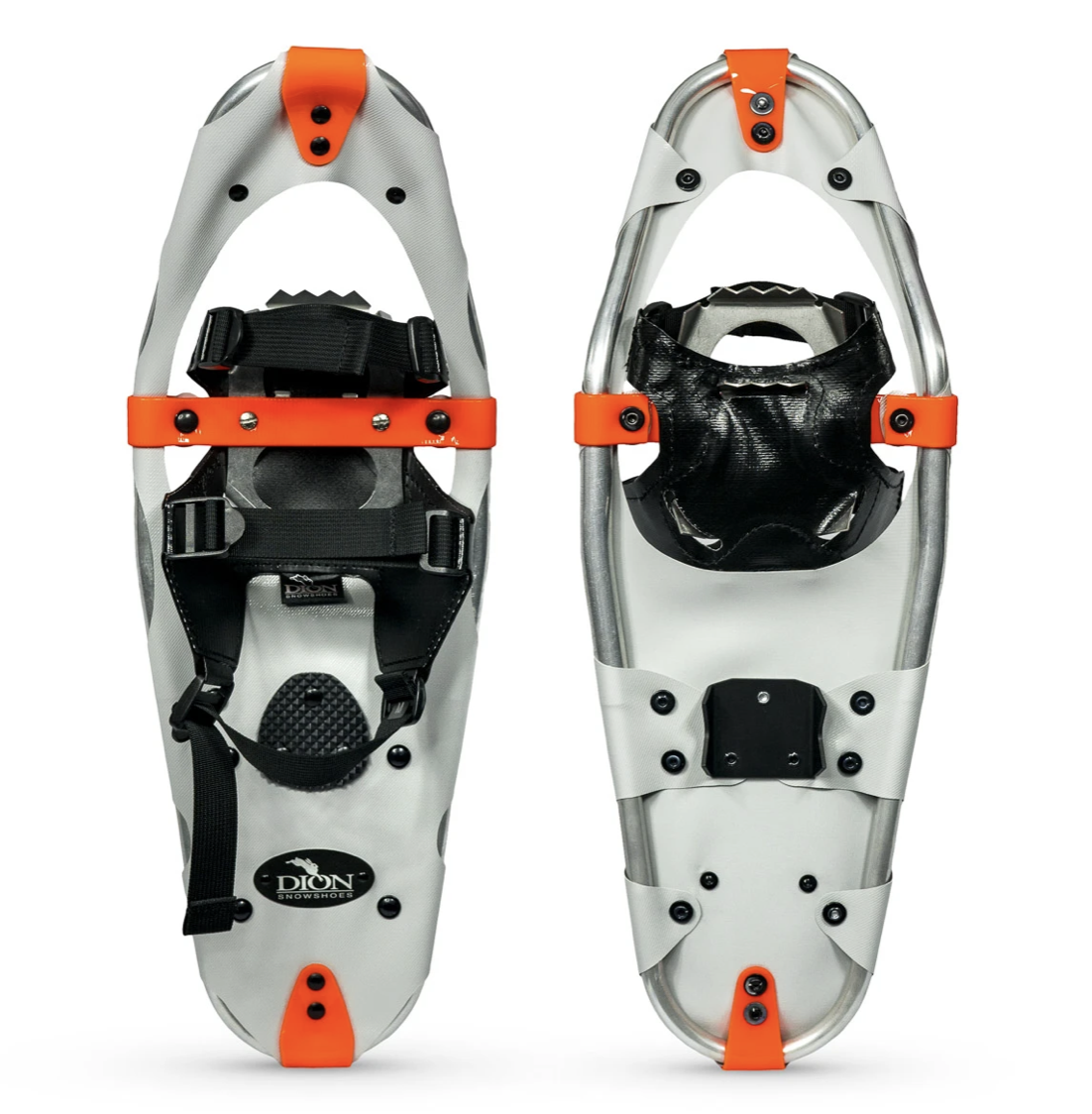How to Choose the Right Running Snowshoe
When it comes to snowshoe running, selecting the correct snowshoe can be a bit of a challenge. Most snowshoers are familiar with hiking or trekking snowshoes, big cumbersome shoes designed to disperse your weight over the snow. Imagining running in these usually produces a wide-eyed, pained look. Which would be entirely accurate, running in trekking snowshoes could be painfully hard.
Built more for speed than for dispersing weight across deep snow, running snowshoes are lighter, narrower and shorter than a standard walking or trekking snowshoe. The standard racing size is no shorter than 20 inches long and no less than 7 inches wide. When it comes to picking the best running snowshoe there are three things you’ll want to take into account:
Purpose
The purpose of your snowshoe running will inform what type of running snowshoe you want to invest in. If you plan to supplement your winter training with an occasionally snowshoe running adventure then you’ll want to pick a snowshoe that is more durable and long-lasting. You can even get by running on a lighterweight trekking snowshoe if you plan to combine both hiking and running. Something like the Dion 132 or Dion 164 or the NeviTrek Tracker Series are an ideal “cross-over” snowshoes that will easily allow you to do both hiking and running. If you’re planning to jump right into racing, you’ll want to go with a lightweight model designed for efficiency and speed, my personal preference is the Dion 120 Laser LT.
Terrain
If you plan to take your snowshoes onto the trail, consider if you’ll encounter ice or barely snow-covered rocks, if so you’ll want a more durable snowshoe. Some plastic running snowshoes aren’t designed for these tough conditions and are prone to breaking. Opting for an aluminum framed snowshoe with a durable decking will hold up to tough terrain and last longer. If I know I’ll be on more rugged terrain, I’ll opt for the DIon 121 Frame with ice cleat, this set up allows me to train with confidence no matter what the conditions are.
Fit
When it comes to fit, the metric you’ll mostly be focused on the load rating of each snowshoe. You’ll want to select the appropriate snowshoe for your weight (and any additional equipment you might carry) so that you can optimize the function of the snowshoe in all conditions. Be sure to double-check the rating of the shoes you are considering to make sure you’re within the load range.
Assuming the intention is to race, you’ll want to select the lightest and smallest possible snowshoe based on the load you’ll be applying. All snowshoes will list the load in the specs.
>> Pro Tip: Leave your snowshoes outside prior to using them so that the metal frame and cleat can adjust to the outside temperature. This will prevent the snow from clumping. <<
Dion Snowshoes
I’ve been running in Dion Snowshoes since I first started snowshoe running. I’m not sponsored by Dion but have a great relationship with them and love helping this Vermont-based business grow. All their snowshoes are made in the USA and hold up to the wear and tear of East Coast trails. I always recommend Dion Snowshoes to anyone who is looking to get into snowshoe running. Here’s my suggested set up for beginners, racing and training:
Suggested Beginner Set-Up
Dion 122 Frame with Easy Fit Binding (note this is different than the recommended Secure Fit Binding) and ice cleat. Photo Credit Dion Snowshoes.
Dion 120 Laser LT frame with Quick Fit Binding and Deep Cleat. Photo Credit Dion Snowshoes.
Dion 121 Frame with Quick Fit Binding and Ice Cleat. Photo Credit Dion Snowshoes.
-Sarah







